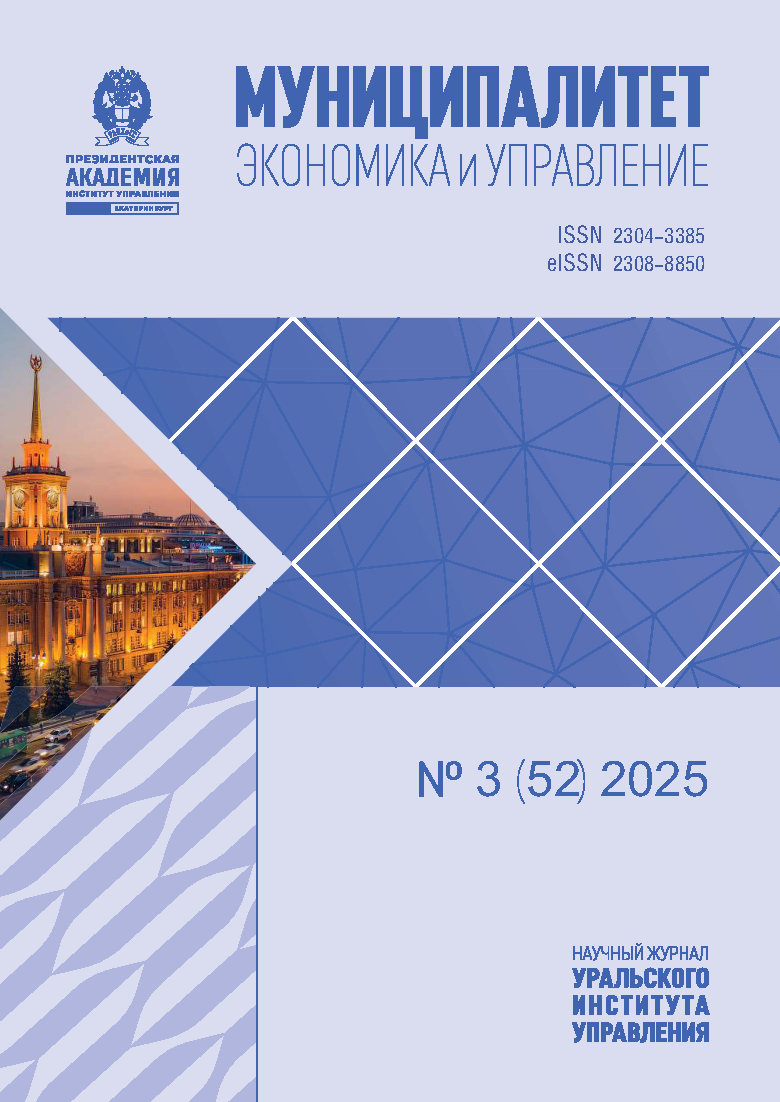Legal status of cyber squads as elements of civil society involved in ensuring information security
DOI:
https://doi.org/10.22394/Keywords:
Civil society institutions, volunteers, public safety, cyber squad, information security, Internet communications, extremism, government support, national squadsAbstract
Introduction. The research topic relevance is determined by the need to involve civil society institutions, primarily cyber friends, in ensuring information security. In the face of growing Internet threats, law enforcement agencies do not have enough resources to fully protect the digital environment. Citizen engagement is becoming critically important, especially given the targets for increasing youth volunteer work up to 45% by 2030. The need for scientific substantiation of the legal status of cyber squad underlines the importance of this study.
The purpose of the study is to identify existing defects in the regulation of the legal status of cyber squad and to provide scientific justification for proposals to improve the legal framework for the participation of cyber squad in ensuring public safety.
The methodological basis includes a formal legal method and a content analysis of legal acts on cyber squad, which makes it possible to draw conclusions about their contradictions. A systematic approach allows to conclude that the regulation of cyber squad in the field of security is fragmented.
The results of the study. A cyber squad is a type of volunteer organization created in the form of a public organization or a public movement that participates in ensuring public safety through information and educational activities, as well as through forecasting, identifying, analyzing and evaluating information threats on the Internet in order to assist internal affairs (police) and other law enforcement agencies. in the protection of public order and ensuring public safety. The participation of cyber friends in ensuring public safety can guarantee the necessary level of responsiveness to information threats, the flexibility of the response models used, as well as the ability to respond to emergencies of various scales.
It is concluded that the adoption by the state authorities of the subjects of the Russian Federation and local governments of regulatory legal acts on the creation of cyber friends and the approval of regulations on them is redundant, since cyber friends are created by citizens, they are public associations, and are the embodiment of civil society. The current legislation reserves for the public authorities of the subjects of the Russian Federation and local governments only the authority to create conditions and support volunteering.
Conclusions. Changing the current legislation, including regional and municipal acts, will help to solve the problems.














